Support Page Content
Biographies
Pathways Fellows
I applied to the Pathways Fellows Program because it aligns with my academic and professional goals of researching family-centered approaches to child mental health. I also believe it is an ideal opportunity for me to develop the research skills necessary to drive change and contribute meaningful research that addresses the needs of neurodivergent individuals, especially in educational settings. As a fellow, I hope to gain the mentorship and resources that will help me develop the research skills necessary to drive change. Additionally, I hope to engage in research that produces evidence for systemic change. My experiences with research projects at UC Davis LEND program provided me an understanding of research design, data collection strategies including the use of online surveys, data analysis, and ethical cons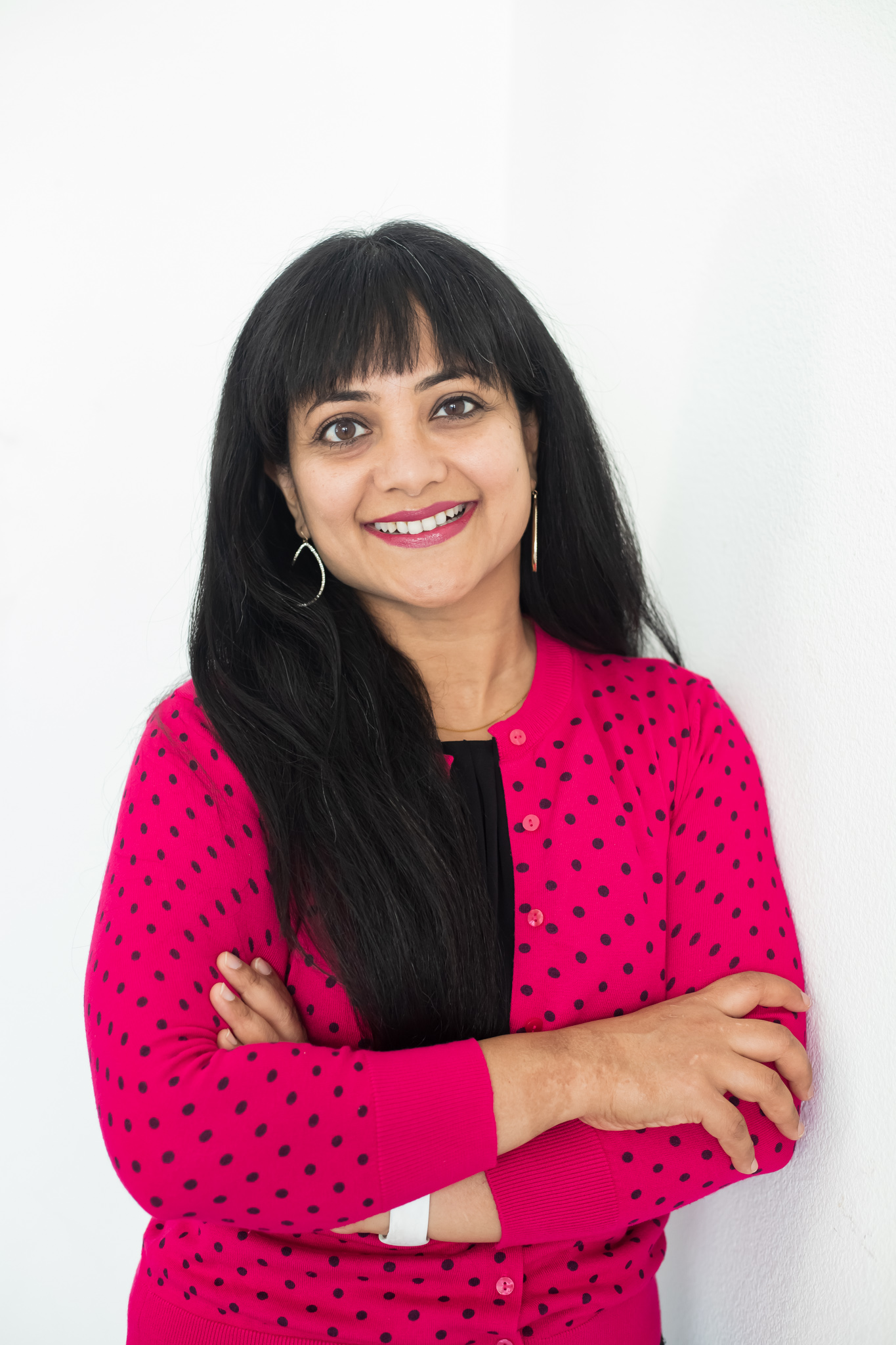 iderations. I look forward to learning and experience hands-on qualitative research through the Pathways Fellows Program.
iderations. I look forward to learning and experience hands-on qualitative research through the Pathways Fellows Program.
I applied to the Pathways Fellows Program because I am passionate about fostering equitable and inclusive educational environments, particularly for minoritized student populations. While my background in psychological research has equipped me with strong analytical skills and the ability to identify and understand systemic challenges, it often lacks the next critical step of enacting change through collaboration with stakeholders. This program offers a unique opportunity to develop the skills necessary to work collaboratively to design strategies that improve teaching environments, aligning with both my academic and professional goals.
Through the program, I hope to refine my research skills and expand my statistical understanding to approach problems that center the voices of students from a bottom-up perspective. I aim to develop methods that amplify the lived experiences of diverse student populations and use data-driven insights to inform actionable solutions. I also look forward to connecting with like-minded scholars and gaining hands-on experience in projects that positively impact teaching environments and promote student success.
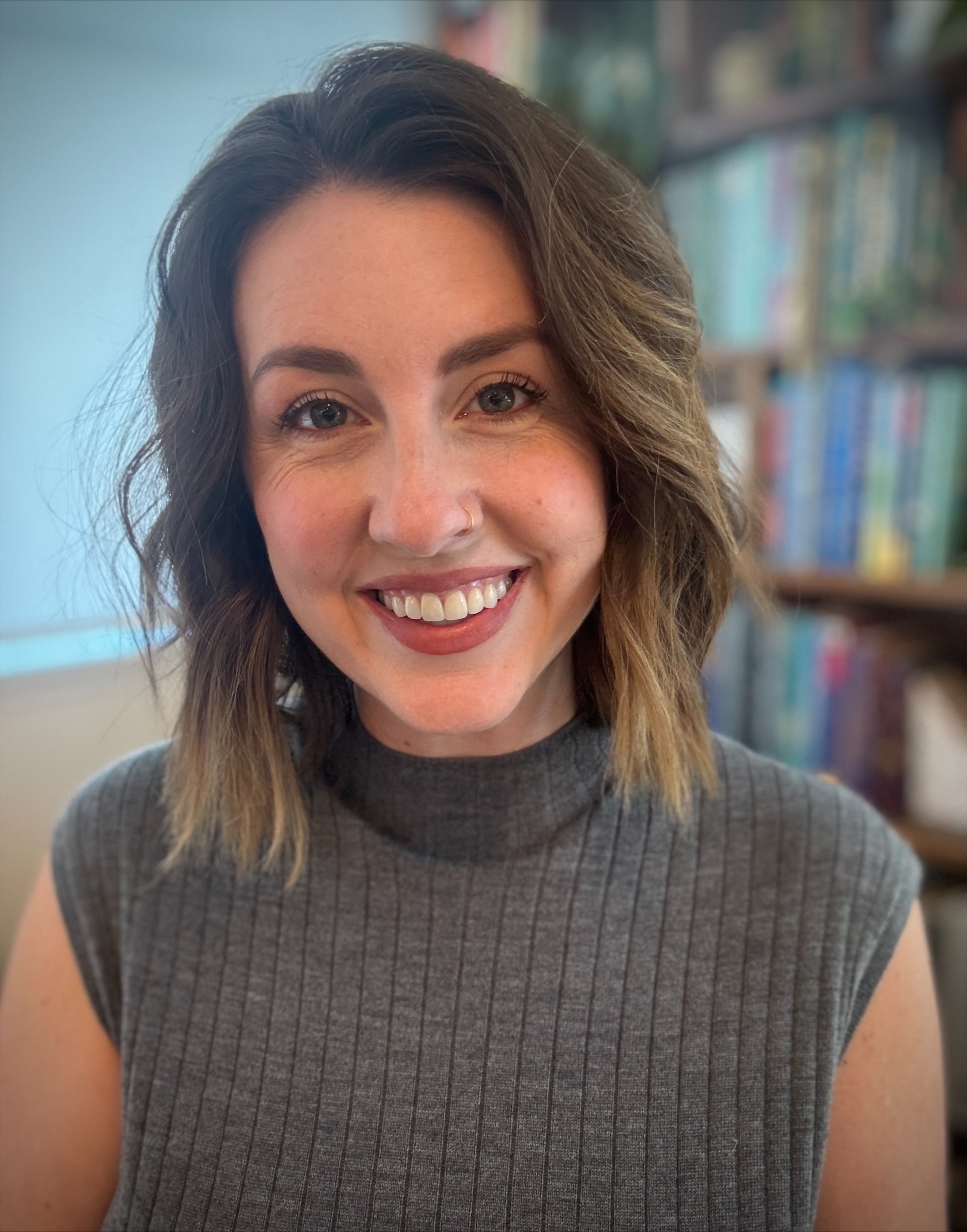
My research strengths are grounded in my commitment to developing culturally responsive methodologies and tools that prioritize the unique cultural backgrounds and experiences of minoritized students in higher education. I excel in creating training programs and frameworks, such as those developed during my tenure as a Graduate Research Assistant at the Identities in Multicultural Contexts Lab, where I equipped fellow research assistants with skills in qualitative research design and ethical practices. My role involved rigorous literature reviews and the implementation of innovative coding schemes to measure constructs like student belonging and resilience, significantly contributing to our understanding of institutional practices and their impacts on student experiences. My research also extends to practical applications, such as developing and refining measurement scales and enhancing digital presence for research projects, showcasing my ability to bridge theoretical research with actionable insights.
I applied because I want to learn more about educational research. I was interested after I did Soc Plus, in which my professor suggested I applied. I wanted to gain research experience and apply what I had learned in my classes. I also decided to apply to a master's program in Sociology in the future. As a fellow I hope to gain more knowledge in research. I also hope this helps me find the path I want to pursue in the future. I want to gain support for applying to a master's program. My research skills are that I am familiar with SPSS since I have taken sociology statistics. I am currently enrolled in Research Methods for sociology. 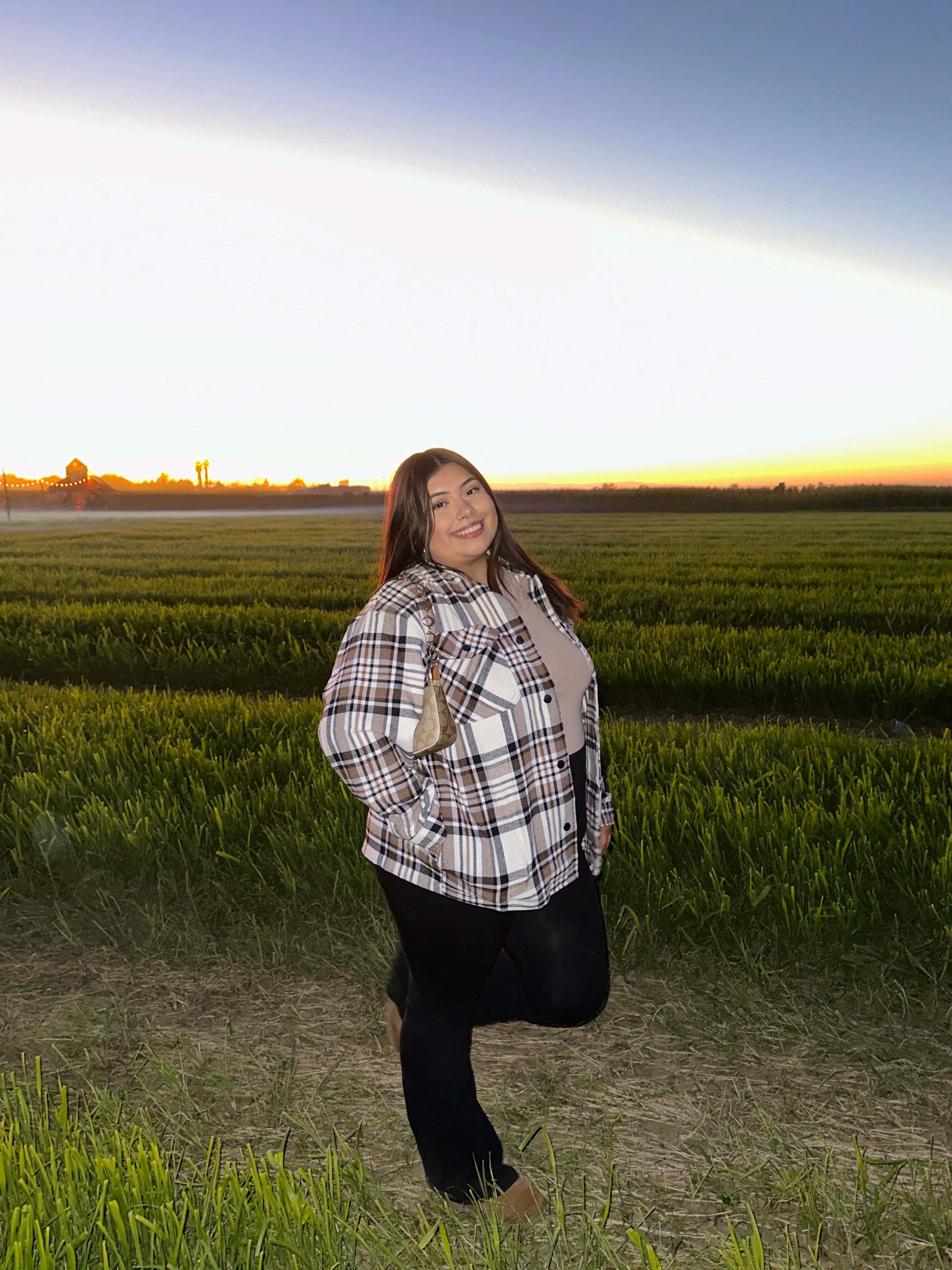
I applied to the Pathways Fellows Program because I wanted to get insight from like-minded individuals about Grad School, and further my understanding in Sociology with my fellow peers. I also wanted to receive an experience with the mentors of the program that I feel can give me leverage when I finally reach Grad School. From being a Fellow, I hope to gain help in understanding Grad School better, especially from a minority viewpoint. I want to be able to research with the help of individuals who came from similar situations as me, and understand how to research better overall. I want to be able to gain vital tools that will help me in my future endeavors into the world. My research skills include being able to pick up quantitative abilities quickly, and the ability to go in the field and use information I have to gain more information about what I am researching. My experience in SPSS and helping in past research projects through my time at the Institute for Social Research puts me in a good position to know what to expect from a research project.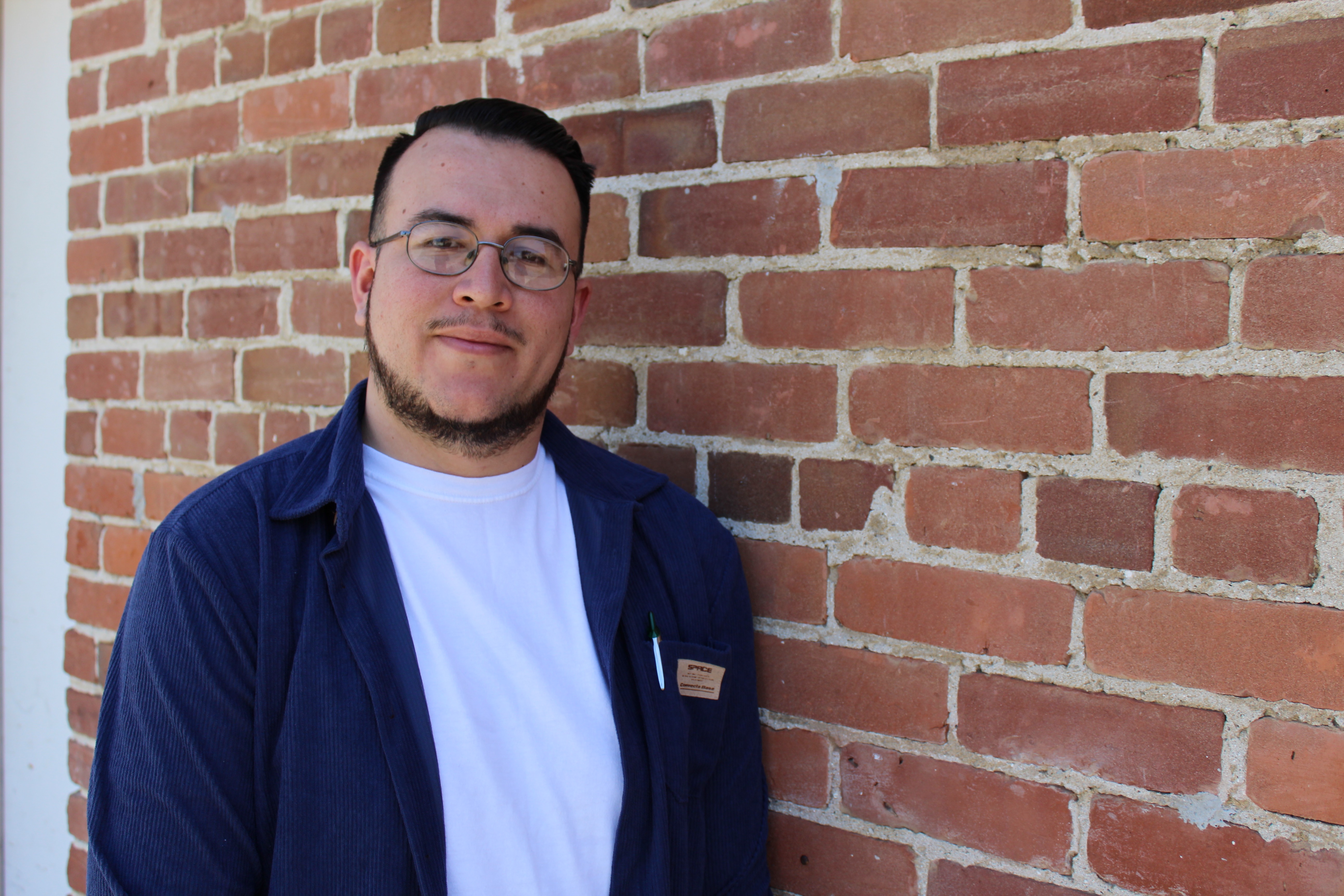
My name is Leena Jackson, I am a first-generation college student, and senior sociology major at Sac State. I applied for the Pathways Fellows program to broaden my academic research experience. While I have experience conducting research in my classes from my time at Sac State and at community college, I have yet to receive professional research experience. By being a fellow, I hope to widen my academic network by getting to know my peers and mentors in my cohort. As well as expanding my experience to apply to graduate school. I plan to pursue a Masters of Social Work; however, I am undecisive and interested in counseling, and education! I hope that during my time in this fellowship, I can learn more about the graduate school application process and strengthen my application as a candidate. My research skills are in quantitative research. In my classes where I’ve conducted research, most was conducted with data already available online that I then analyzed myself. Due to this experience, I would say that my strengths are in quantitative data collection, organization, and analysis.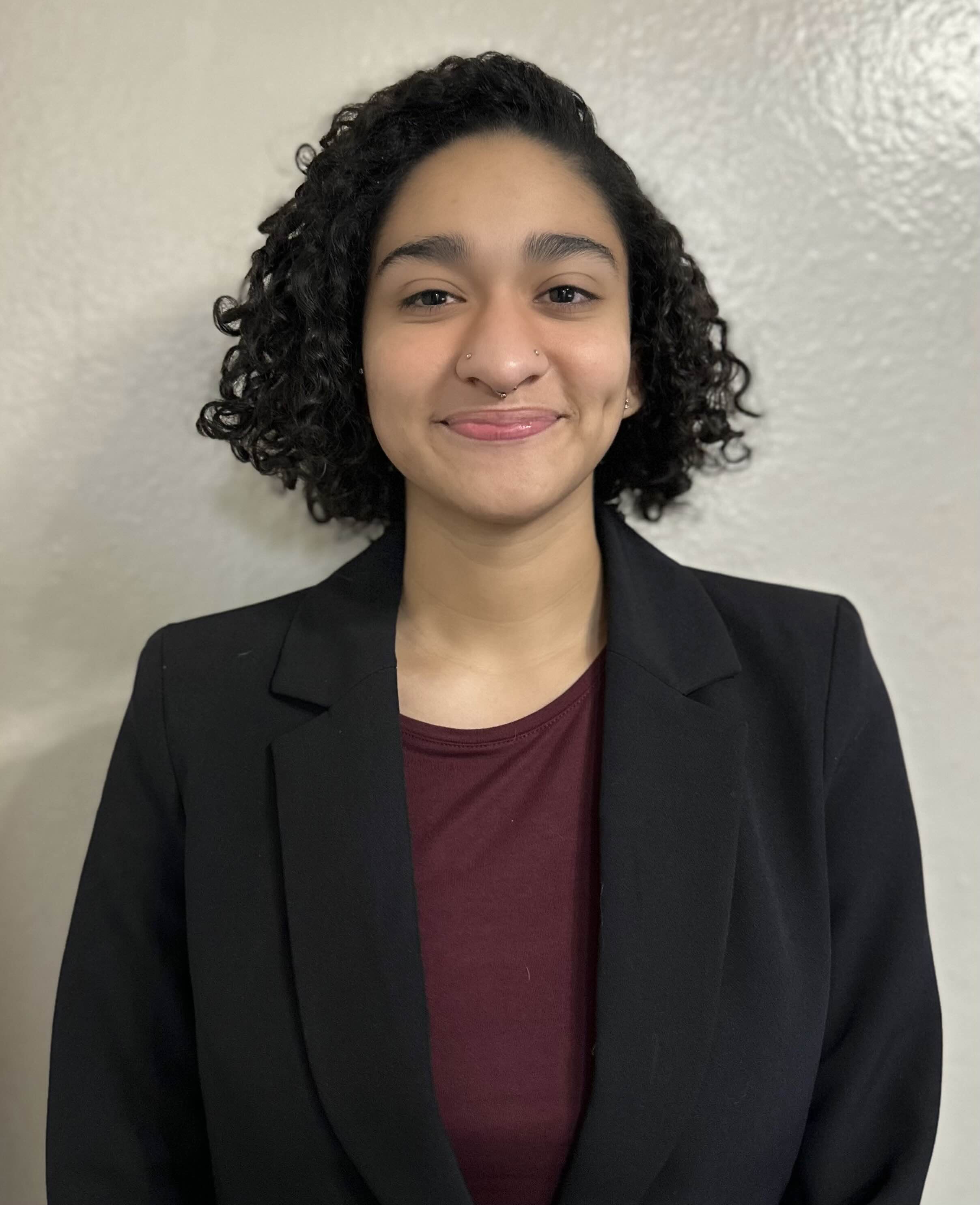
My name is Leenie Hem. I go by she/her/hers. I graduated with a BA in Psychology and Ethnic Studies. My research interests include Cultural Psychology, Social Psychology, and Critical Refugee Studies. Through this, I have worked in research labs at Sacramento State University that examine the psychological development and acculturation experiences of students of color, aiming to build better and more inclusive educational environments. Therefore, my research interests and experiences tie into the Pathways Fellows Program as this program specifically targets education research and acknowledges the barriers that come with academia. Through this, I aim to sharpen my research skills, especially in quantitative, as there is always room for improvement, by engaging in various statistical research methods, holding opportunities to present at conferences, and polishing my writing skills. I find that my strengths primarily lie in qualitative research, as the combination of holding a Psychology and Ethnic Studies degree allows me to focus specifically on participants’ experiences, behaviors, and narratives. In the past, I have been able to conduct interviews and focus groups through a more qualitative perspective that can allow me to hold a more naturalistic outlook in such circumstances. Therefore, I sincerely hope the Pathways Program can assist me in enhancing my research abilities through a more comprehensive lens. 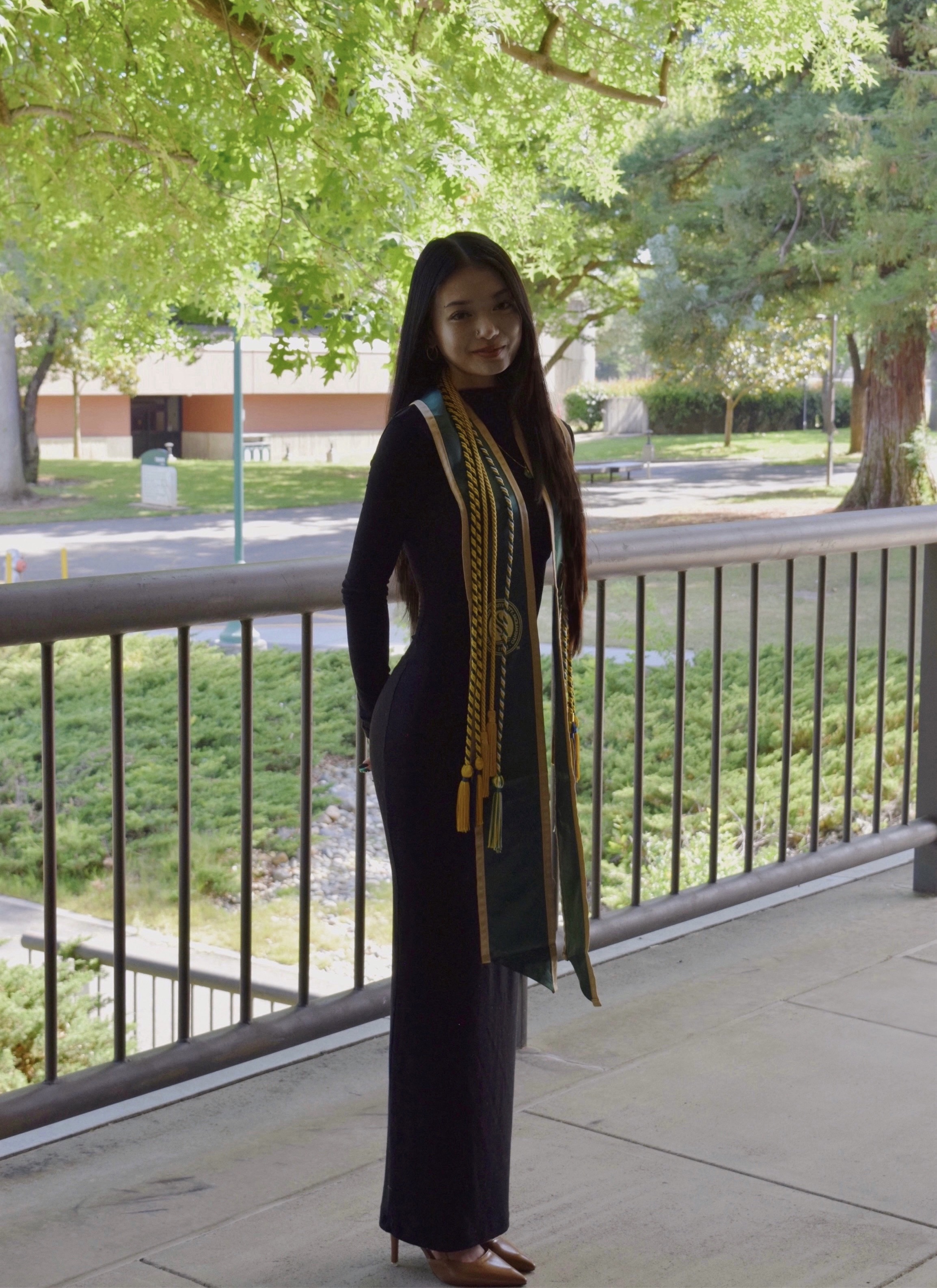
I applied to the Pathways Fellows Program to enhance my research skills, develop professionally, and collaborate with professional researchers. I believe conducting research is important to understand the fundamentals of decision-making for generating progress and development within our society. As a first generation Latina, it is important for me to further my knowledge to understand the worlds around us and create a more equitable system. I plan to utilize the mentorship to gain insights, learn new research methods, and advance in my academic and professional goals towards a PhD.
The Pathways Fellows Program will allow me to become involved in educational research and prepare me for my graduate thesis and doctoral programs in the future. After taking my first Social Research class as an undergrad, I knew I wanted to contribute to the study of social inequities underrepresented students face and strongly believe the Pathways Fellows Program will allow me to do so. I hope to build my network to connect with other researchers who not only look like me but also have the same goals of dissolving the inequities underrepresented students and communities face.
During my tenure at UC Davis, I elevated my research skills in both quantitative and qualitative research. My strengths have strongly been reflected in quantitative research data and I intend to enhance my skills and gain a diverse range of research strengths as a Pathways Fellow.
I applied to the Pathways Fellows Program to gain invaluable mentorship and guidance as I navigate my educational and professional aspirations. Earning a doctorate has been a longstanding goal of mine; and in seeking the most effective pathway to achieve it, this program stood out to me as it offers the structured support and resources I need to move forward with confidence.
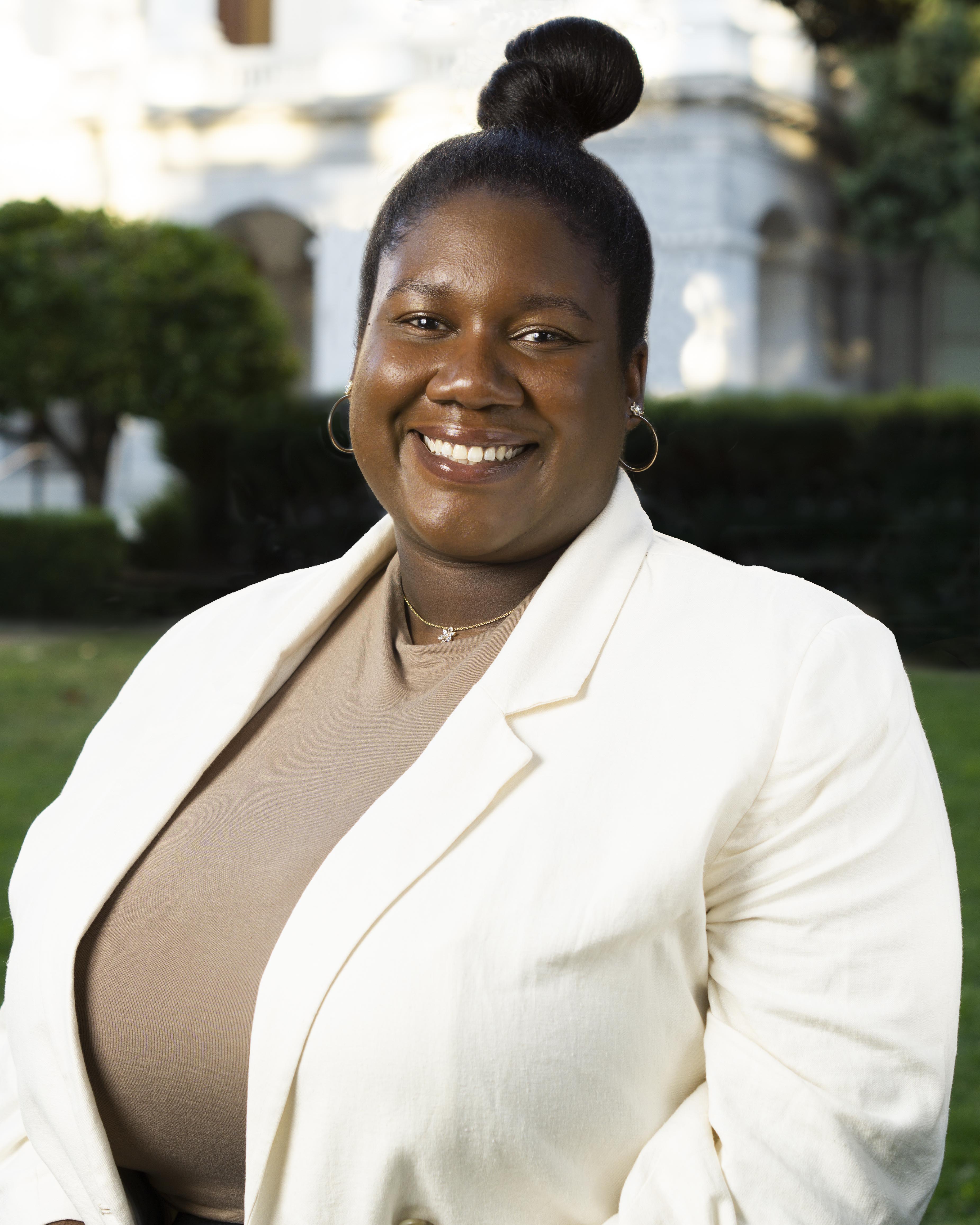
As a fellow, I hope to enhance my research capabilities and deepen my understanding of innovative methodologies and practices. I am eager to engage with a community of scholars and mentors who will challenge me intellectually and broaden my perspectives, both academically and professionally.
I bring experience in mixed methods research, including survey and interview development, as well as analyzing statewide data trends. My work has focused on examining educational outcomes for young men of color in California. As a current MPPA student at Sacramento State, my coursework has provided a strong foundation in research methodologies and policy analysis, which I continue to build upon through my academic and professional experiences.
Faculty Research Mentors
 Dr. Aaminah Norris is Associate Dean of Research and Engagement (interim) for the College of Education at Sacramento State. She is also the Founder, and CEO of UhHidden Voices a Black woman-owned educational consultancy based in San Francisco, CA. The overarching objective of her research is to examine and address inequities in access to high-quality STEM instruction for Black and Latinx high school girls. To do so, she examines culturally responsive practices and centers the pedagogies of Black women teachers. Dr. Norris also teaches and researches digital and social media to do the vital work of disrupting racism and anti-blackness within and beyond schooling. She has successfully led initiatives that focus on Diversity Equity Inclusion and Belonging (DEIB), contributing to the growth of the Capital Institute for Education and Sacramento State’s Anchor University Initiative. Dr. Norris has a demonstrated record of securing significant grant funding, including a $1,000,000 award for the CS for All-Expanding Girl Power by Design project funded by the National Science Foundation. As a Visiting Scholar at the University of Bologna, Italy, she conducts research that explores the development of STEM and global identities of racial and ethnic minoritized girls within both the Sacramento Metro region in Northern, California, and Emilia Romagna, in Northern Italy. Dr. Norris has trained thousands of educators and authored curricula for more than 10,000 Kindergarten-12th grade schools, colleges, and universities in 20 countries including the United States, Italy, United Kingdom, Brazil, Australia, Qatar, and Taiwan.
Dr. Aaminah Norris is Associate Dean of Research and Engagement (interim) for the College of Education at Sacramento State. She is also the Founder, and CEO of UhHidden Voices a Black woman-owned educational consultancy based in San Francisco, CA. The overarching objective of her research is to examine and address inequities in access to high-quality STEM instruction for Black and Latinx high school girls. To do so, she examines culturally responsive practices and centers the pedagogies of Black women teachers. Dr. Norris also teaches and researches digital and social media to do the vital work of disrupting racism and anti-blackness within and beyond schooling. She has successfully led initiatives that focus on Diversity Equity Inclusion and Belonging (DEIB), contributing to the growth of the Capital Institute for Education and Sacramento State’s Anchor University Initiative. Dr. Norris has a demonstrated record of securing significant grant funding, including a $1,000,000 award for the CS for All-Expanding Girl Power by Design project funded by the National Science Foundation. As a Visiting Scholar at the University of Bologna, Italy, she conducts research that explores the development of STEM and global identities of racial and ethnic minoritized girls within both the Sacramento Metro region in Northern, California, and Emilia Romagna, in Northern Italy. Dr. Norris has trained thousands of educators and authored curricula for more than 10,000 Kindergarten-12th grade schools, colleges, and universities in 20 countries including the United States, Italy, United Kingdom, Brazil, Australia, Qatar, and Taiwan.
Dr. Brittany Young is an Assistant Professor in the Department of Psychology at Sacramento State. She is a developmental multicultural psychologist, with research and teaching interest in identity development, equity, student wellness, and sense of belonging in education. Dr. Young earned her M.S. and Ph.D. from the University of California Santa Cruz in Psychology with an emphasis on human development within context and cu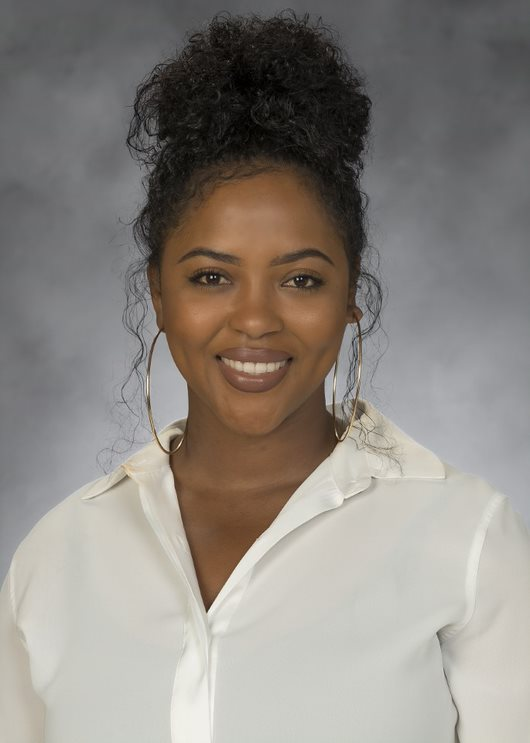 lture. Some of her most recent projects focus on Black STEM student experiences and successes navigating higher education and exploring the role of race and gender on students' wellness and success in their classrooms. Her development of the “C.A.R.E.D model” uplifts student voices and emphasizes a desire for a cultural shift in STEM classrooms that promote and reward curiosity, collaboration, and multicultural competence within faculty and peers. Additionally, Dr. Young’s dedication and passion for student success motivated her development and delivery of an ongoing workshop series, focusing on Multicultural Mentorship which assists students' ability to navigate higher education spaces through empowering intersectional identity development, demystifying hidden curriculum, and responding and reacting to subtle and explicit forms of discrimination.
lture. Some of her most recent projects focus on Black STEM student experiences and successes navigating higher education and exploring the role of race and gender on students' wellness and success in their classrooms. Her development of the “C.A.R.E.D model” uplifts student voices and emphasizes a desire for a cultural shift in STEM classrooms that promote and reward curiosity, collaboration, and multicultural competence within faculty and peers. Additionally, Dr. Young’s dedication and passion for student success motivated her development and delivery of an ongoing workshop series, focusing on Multicultural Mentorship which assists students' ability to navigate higher education spaces through empowering intersectional identity development, demystifying hidden curriculum, and responding and reacting to subtle and explicit forms of discrimination.
 Drawing from Critical Race Theory, Abolition, and Care, my work explores mechanisms of power (racialized and gendered) to conceptualize new pathways toward liberation through medical health/intervention, education, and collective coalition (i.e., organization, mutual aid, etc.). More specifically, in such exploration, I centralize the hospital as a living, breathing organization in which White Supremacy, Patriarchy, and Heteropatriarchy materialize through the policies and practices to render medical care services, treatment, and resources insufficient for racialized groups, particularly Black birthers. Simultaneously, the state (i.e., the governing body of the nation) legitimizes the hospital's policies and practices, and in doing so, racism, sexism, and heterosexism become a natural and permanent byproduct engraved into civil society. To challenge heavily gendered anti-Blackness, I work with Black doulas and midwives to understand what radical transformation looks like when all medical practices are developed from a position of care as a mechanism to challenge White Supremacy, Patriarchy, and Heteropatriarchy and what our pathway toward liberation look like through birthing care and Blackness.
Drawing from Critical Race Theory, Abolition, and Care, my work explores mechanisms of power (racialized and gendered) to conceptualize new pathways toward liberation through medical health/intervention, education, and collective coalition (i.e., organization, mutual aid, etc.). More specifically, in such exploration, I centralize the hospital as a living, breathing organization in which White Supremacy, Patriarchy, and Heteropatriarchy materialize through the policies and practices to render medical care services, treatment, and resources insufficient for racialized groups, particularly Black birthers. Simultaneously, the state (i.e., the governing body of the nation) legitimizes the hospital's policies and practices, and in doing so, racism, sexism, and heterosexism become a natural and permanent byproduct engraved into civil society. To challenge heavily gendered anti-Blackness, I work with Black doulas and midwives to understand what radical transformation looks like when all medical practices are developed from a position of care as a mechanism to challenge White Supremacy, Patriarchy, and Heteropatriarchy and what our pathway toward liberation look like through birthing care and Blackness.
My work broadly explores and challenges racial power in the education, carceral, and healthcare systems. Through an intersectional approach, I engage in scholarship that seeks to build newer worlds rooted in harm reduction.
Dr. Adamson is an Associate Professor of Education Leadership and Policy Studies at California State University, Sacramento. He studies the political economy of education, education privatization, education equity and opportunity, and education’s response to the climate crisis. Dr. Adamson most recently co-edited NORRAG Special Issue 10, Education for Societal Transformation: Alternatives for a Just Future, which includes 39 articles describing alternatives for future education systems. His prior work includes the co-edited volumes Realizing the Abidjan Principles on the Right to Education: Human Rights, Public Education, and the Role of Private Actors in Education, which analyzes the role of international human rights law in education, and Global Education Reform, which compares the approaches of privatization and public investment to education policy across six countries. Dr. Adamson has studied the influence of charter schools on students and communities in Oakland and New Orleans, education public-private partnerships globally, and teacher salary differences in New York and California labor markets. He has 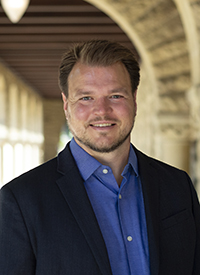 published 4 books, over 50 publications, and completed studies for the USDOE, OECD, IEA, and UNESCO. Dr. Adamson holds an M.A. in Sociology and a Ph.D. in International Comparative Education, both from Stanford University.
published 4 books, over 50 publications, and completed studies for the USDOE, OECD, IEA, and UNESCO. Dr. Adamson holds an M.A. in Sociology and a Ph.D. in International Comparative Education, both from Stanford University.
Dr. Hanadi Shatara (she/her) is an Assistant Professor at California State University, Sacramento. She received her doctorate in Social Studies Education at Teachers College, Columbia University. Her research focuses on critical global education, critical world history, teacher positionalities, the representations of Southwest Asia and North Africa, Palestinian and Arab American teachers, teachers of Color, the teaching of Palestine, and teacher education. Some of her goals are to incorporate critical global perspectives and social justice into K-12 classrooms. Her current projects include learning about the identities and positionalities of Palestinian American teachers through Latina feminism theories and Orientalism and a content analysis of social studies state standards regarding the inclusion/exclusion of Palestine. Her work is published in Equity & Excellence in Education, The Critical Social Educator, Social Studies and the Young Learner, Social Studies Research and Practice, and Curriculum Inquiry. Her work with Dr. Muna Saleh was awarded the Kipchoge Neftali Kirkland Social Justice Paper Award, presented at the 2022 annual conference for the College and University Faculty Assembly (CUFA) of the National Council for the Social Studies (NCSS). Dr. Shatara was also a middle school social studies teacher for seven years in Philadelphia, PA, where she became a National Board Certified Teacher.
 Heidy Sarabia is an Associate Professor in the Department of Sociology at California State University, Sacramento. She teaches Statistics, Methods, Sociology of Globalization, Social Movements, Social Change and Migration in Latin America, and the introductory class to the Sociology Department at CSU Sacramento.
Heidy Sarabia is an Associate Professor in the Department of Sociology at California State University, Sacramento. She teaches Statistics, Methods, Sociology of Globalization, Social Movements, Social Change and Migration in Latin America, and the introductory class to the Sociology Department at CSU Sacramento.
Her research focuses on globalization processes such as global stratification, borders and borderlands, border violence, transnational social change and mobilizations, immigrant adaptation and incorporation in the U.S., and educational experiences among Latinx/Xicanx students in higher education—especially among undocumented and DACAmented students, first generation, and Chicanx/Latinx students in the context of Hispanic Serving Institutions (HSI).
Dr. Sarabia has experience collecting data using various methods. She has conducted ethnographic research with Zapatista activists and border activists, as well as in-depth interviews with people living along the border and in South Philadelphia. She has also collaborated in the collection of surveys among undocumented students in California and first-year college students from Stockton, and surveys and interviews with undocumented and DACAmented students at Sac State.
Her current projects include: (1) exploring the educational experiences of ChicanxLatinx and first generation students in the context of institutions where they are the demographic majority (Hispanic Serving Institutions); (2) exploring factors that shape engagement among college students; (3) collecting data on the experiences of immigrants who change legal status; and (4) collecting data about migrant activists in Sacramento; and (5) collecting data about the experiences of potential, current, and future Sociology students in the labor market.
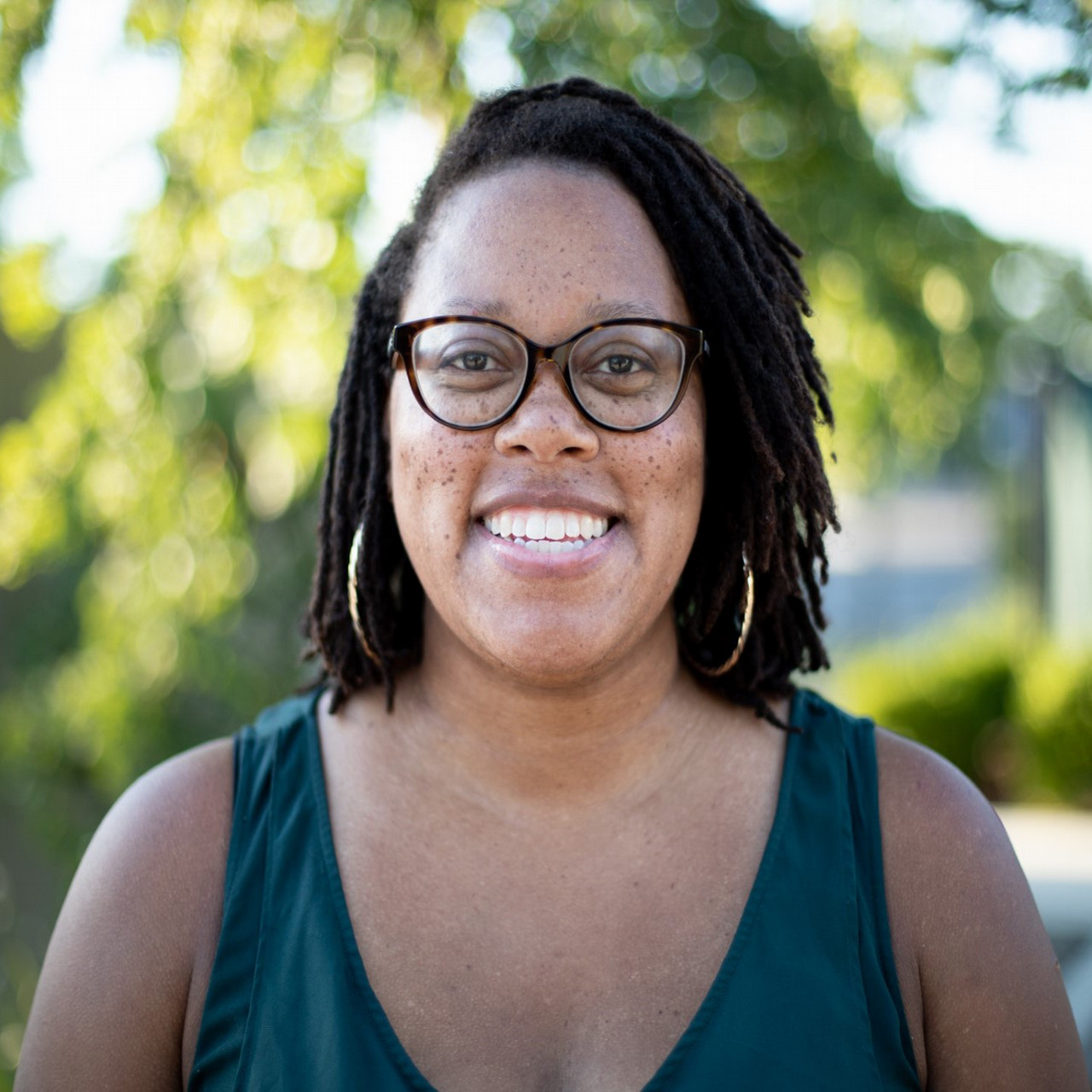 Jasmine H. Wade is an Assistant Professor of Ethnic Studies/Pan African Studies at Sacramento State University. She is a scholar of Afrofuturism, a speculative fiction storyteller, and a DEI specialist. Her book project Spacetime Manipulation: Difference and Futurisms in Black and Indigenous Speculative Fiction is an interdisciplinary project that looks at speculative film, performance, and literature through the lens of the manifestos of Black Lives Matter and Idle No More. She is also the Director of the Community Futures School, an Afrofuturist program for Oakland youth in the Museum of Children's Art. She strongly believes in the power of imagination in educational settings for building just futures.
Jasmine H. Wade is an Assistant Professor of Ethnic Studies/Pan African Studies at Sacramento State University. She is a scholar of Afrofuturism, a speculative fiction storyteller, and a DEI specialist. Her book project Spacetime Manipulation: Difference and Futurisms in Black and Indigenous Speculative Fiction is an interdisciplinary project that looks at speculative film, performance, and literature through the lens of the manifestos of Black Lives Matter and Idle No More. She is also the Director of the Community Futures School, an Afrofuturist program for Oakland youth in the Museum of Children's Art. She strongly believes in the power of imagination in educational settings for building just futures.
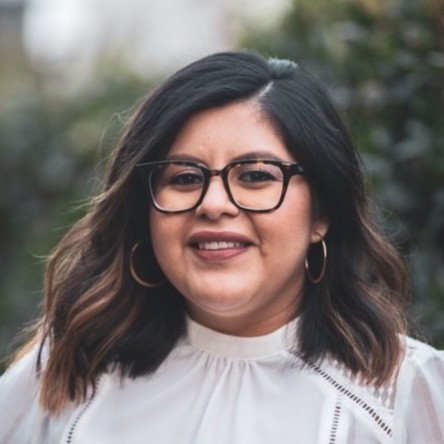 Lorena Camargo Gonzalez [she/her/ella] is an Assistant Professor of Undergraduate Studies in Education and Gender Equity at Sacramento State University. Dr. Camargo Gonzalez earned her Ph.D. from UCLA’s School of Education and Information Studies with a specialization in Race and Ethnic Studies. Her educational experiences as an immigrant and first-generation college student inform her interdisciplinary approach in drawing from Critical Race theories, Chicana/Latina Feminist theories, and historical methods such as oral histories and archival research to address the following areas: 1) the activism of Latina/o/x librarians; 2) racial justice within library services, and 3) the history of Latina/o/x children’s literature. She also holds a master’s degree in education from Long Beach State University and a bachelor’s degree in Ethnic Studies with a concentration on Chicana/o Studies from Sacramento State University.
Lorena Camargo Gonzalez [she/her/ella] is an Assistant Professor of Undergraduate Studies in Education and Gender Equity at Sacramento State University. Dr. Camargo Gonzalez earned her Ph.D. from UCLA’s School of Education and Information Studies with a specialization in Race and Ethnic Studies. Her educational experiences as an immigrant and first-generation college student inform her interdisciplinary approach in drawing from Critical Race theories, Chicana/Latina Feminist theories, and historical methods such as oral histories and archival research to address the following areas: 1) the activism of Latina/o/x librarians; 2) racial justice within library services, and 3) the history of Latina/o/x children’s literature. She also holds a master’s degree in education from Long Beach State University and a bachelor’s degree in Ethnic Studies with a concentration on Chicana/o Studies from Sacramento State University.
Mary Senyonga (she/her(s)) is an Assistant Professor of Black Feminisms in Women’s and Gender Studies at Sacramento State University. Her research investigates racial violences in the university, Black student organizing, and the Black fat figure in society. Privileging Black Feminisms and Critical Race Theory, she illuminates the methods that sustain systemic inequity while at the same time centering and celebrating Black people’s disruptions to this condition. She earned a PhD and MA in Social Sciences and Comparative Edu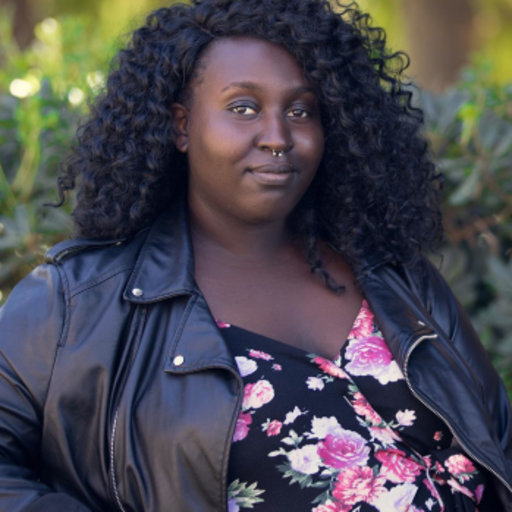 cation - Race and Ethnic Studies from University of California, Los Angeles (UCLA) and a BA in Psychology from Occidental College.
cation - Race and Ethnic Studies from University of California, Los Angeles (UCLA) and a BA in Psychology from Occidental College.
She is currently at work on an extensive project focusing on 1) the impact of the University of California (UC) system on the state of California through archival research and 2) Black women students who attended UCLA during Angela Davis’s dismissal and engaged in varied organizing tactics for change.
Apprenticeship Sites
We are a diverse, passionate team committed to creating an inclusive and resilient economy through a postsecondary ecosystem that centers the needs of all students and advances shared prosperity. We are proud to represent the diversity of our state and have decades of cross-disciplinary expertise that propels us forward in the work we do.
California will provide a world-class education for all students, from early childhood to adulthood. The Department of Education serves our state by innovating and collaborating with educators, schools, parents, and community partners. Together, as a team, we prepare students to live, work, and thrive in a multicultural, multilingual, and highly connected world.
In a rapidly changing world, we believe in the power of community colleges – and the people and communities they reach and serve – to be the building blocks of a better future. As the official nonprofit supporting the largest system of higher education in the nation, we serve as a hub for innovation and impact at scale.
The CSU system prepares great educators, and the Educator Quality (EdQ) Center helps make it happen. We provide data to enhance educator preparation—and support all campuses in applying these data to improve their programs and results.
Our research helps make sense of complex education issues in California and identifies existing gaps and opportunities.
The Institute for Social Research supports the broader community in finding data-informed answers to their most pressing questions. We partner with community-based organizations, local and state entities, and businesses, who support the growth and well-being of the Greater Sacramento Region and the state. We work closely with our partners to customize projects that meet their own organizational and community needs – whether that is community listening sessions, technical support, program/policy evaluation, or a comprehensive research study.
Information Resources & Technology (IRT) powers the technology behind mission critical resources, strategic University goals, and the essential work of faculty, staff, and students.
The Sacramento County Office of Education (SCOE) is one of 58 county offices of education in California. Approximately 650 regular and more than 950 temporary and substitute SCOE staff work year-round providing services that complement and supplement those offered by public school districts in Sacramento County. SCOE provides technical assistance, curriculum and instructional support, staff development, legal and financial advice, and oversight to Sacramento County school districts.
SCOE plays a leadership role in the delivery of quality education to the students in Sacramento County. SCOE directly educates more than 30,000 children and adults—which includes thousands of district teachers who attend training sessions and workshops each year. SCOE also provides support services to more than 247,000 students (source: 2022–23 DataQuest) in 13 school districts. Many SCOE programs and services are available to schools, districts, and other county offices of education within the Capital Service Region.